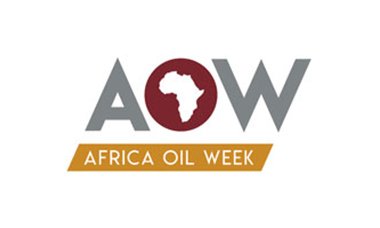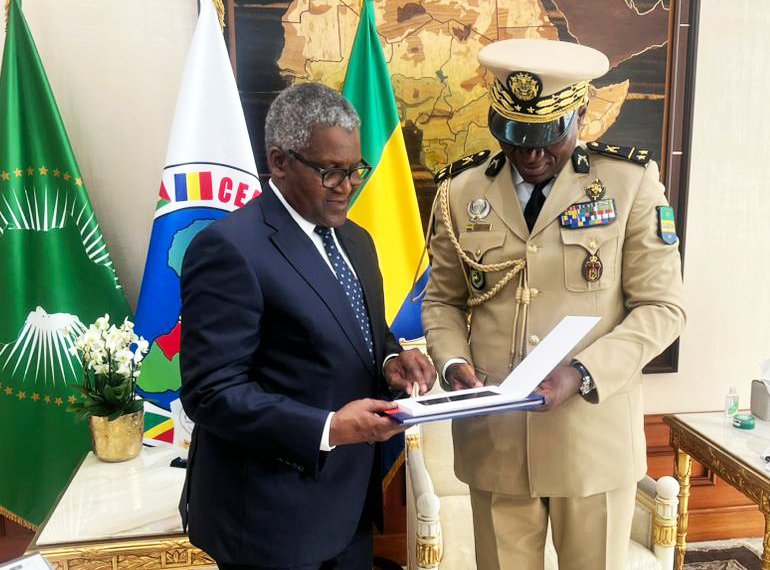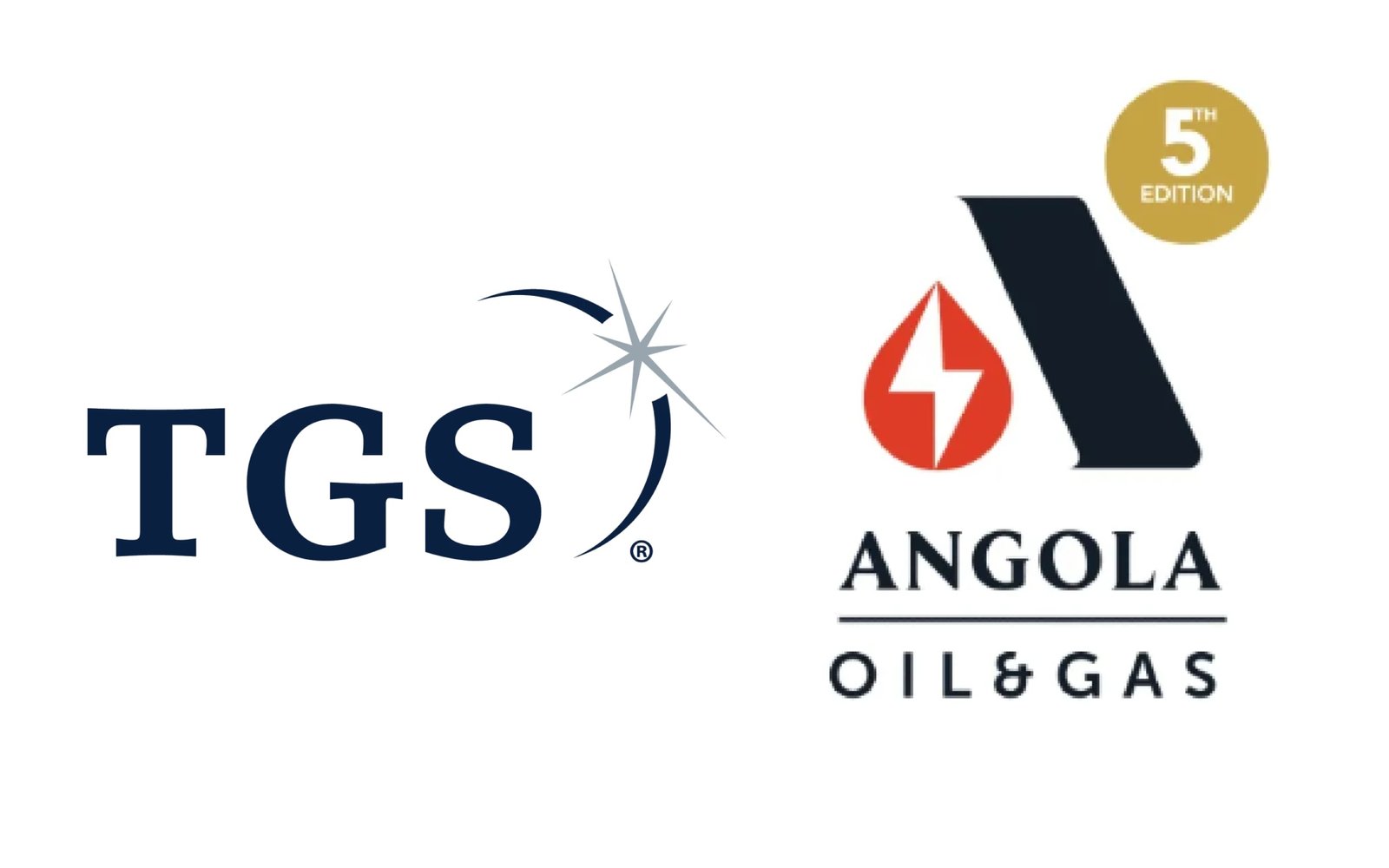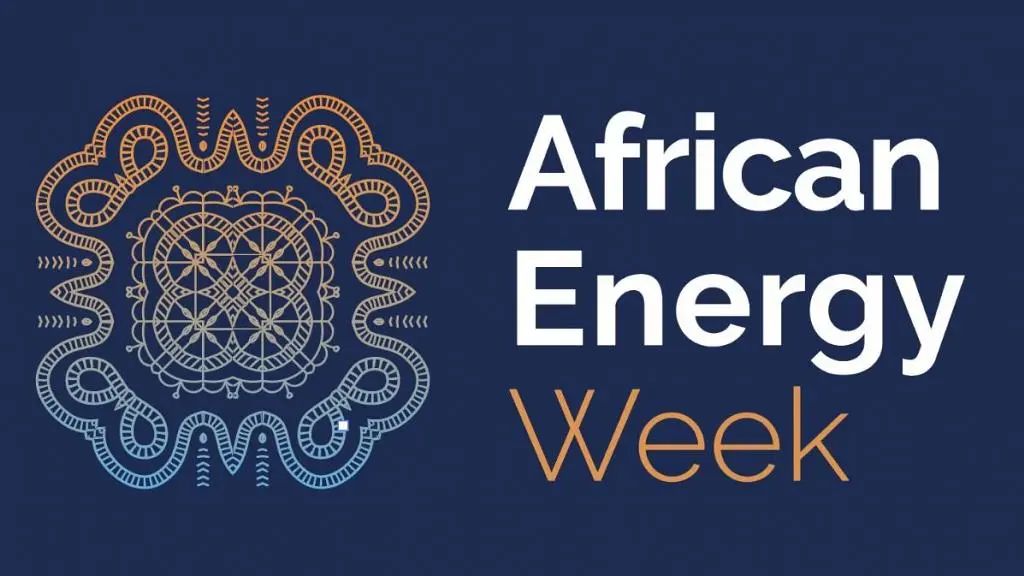East Africa’s energy future shines bright – Investors watching
The eyes of international oil and gas investors are becoming increasingly fixed on Africa as an area of development, and on the East Africa region in particular – with good reason.
“It’s no secret that the East African oil and gas sector has recently benefited from substantial FDI,” says Paul Sinclair, Vice President of Energy at Africa Oil Week (AOW). “These regional investments have reignited global appetite for East Africa, and this is reflected in the rising numbers of delegates applying to attend AOW to meet and do business with East African stakeholders.”
Indeed, a total of eight East African countries – Kenya, Uganda, Ethiopia, Somalia, Rwanda, Djibouti, Eritrea, and Burundi – will all have high-level ministerial and NOC representation at AOW in November 2021. This incredible cohort demonstrates the region’s support for AOW’s temporary move to Dubai as a safety precaution. AOW has already committed to being back home in Cape Town, South Africa, from 2022.
The list of regional energy authorities and NOCs attending the event is extensive and includes AREEN, SIHD, EPRA, EWURA and UNOC. The following ministers have also confirmed their attendance:
• Hon. Yonis Ali Guedi: Minister of Energy and Natural Resources, Djibouti
• Hon. Dr Koang Tutlam: State Minister of Petroleum and Natural Gas, Ethiopia
• Hon. Charles Keter: Cabinet Secretary for Energy, Kenya
• Hon. John Munyes: Cabinet Secretary for Petroleum and Mining, Kenya
• Hon. Francis Gatare: CEO of the Rwanda Mines, Petroleum & Gas Board
• Hon. Abdirashid Mohamed Ahmed: Minister of Petroleum and Mineral Resources, Somalia
• Hon. Ruth Nankabirwa: Minister of Energy and Mineral Development, Uganda
“CEOs and board-level executives are also participating from TotalEnergies, PGS, TGS, Tullow, Africa Oil Corp, Equinor, Eni, and more,” says Chris Hall, AOW’s Group Event Director. “Their presence makes it clear why important figures such as Dr. Estêvão Pale, Chairman, and CEO of ENH, are attending AOW to promote oil and gas projects in Mozambique.”
Much of this interest has been spurred by the East African Community’s development of a strategy to facilitate the efficient and reliable delivery of oil products in the region. The strategy recommends developing a new refinery in Uganda; accelerating a planned upgrade of the Mombasa refinery in Kenya; and improving handling, transportation, storage, and distribution facilities across the region.
Investors are also observing important discoveries made in Uganda, Kenya, and Tanzania, which are expected to enhance East Africa’s potential to achieve energy self-sufficiency. Feasibility studies are underway for the construction of new crude oil pipelines in Uganda, for example, and contractors are being mobilized to extend existing oil product pipelines from Kenya to Uganda and Rwanda.
According to data and analytics firm GlobalData, the recent green light for the East African Oil Pipeline means that Uganda is set to produce its first oil as early as 2025, with production expected to jump in the next five years to 230,000 barrels per day, from zero in 2021.
GlobalData oil and gas analyst Conor Ward says: “The Lake Albert oil development in Uganda will be one of the largest oil developments we have seen in Africa in the last 20 years, expecting to recover almost 1.5 billion barrels of oil. The Tilenga and Kingfisher fields (part of the Lake Albert development) will bring significant value to the government of Uganda, and the two fields alone could generate up to US$8 billion in fiscal revenues.”
These projects will contribute to planned expansions in other East Africa Community partner states, as well as other countries that rely on the region for petroleum imports.
Although East African countries are reliant on oil for their energy needs, the region is also beginning to look towards renewable energy as a viable path. Kenya, for example, is among five countries driving the current African solar energy market. Hydro and wind have also been prioritized.
To maximize these opportunities – as well as those still on the horizon – East African nations must harmonize their respective regulations to make sure the region is seen as the scalable investment destination that it is. Once this is done, the region’s potential will open up even more. All of these issues and more will undoubtedly be discussed at AOW.








